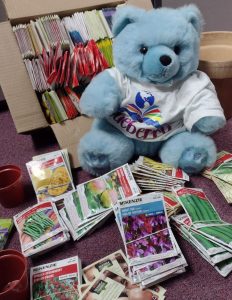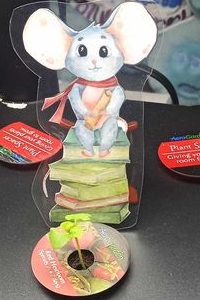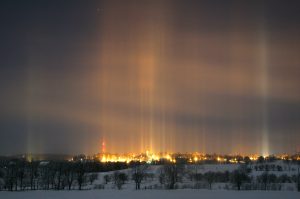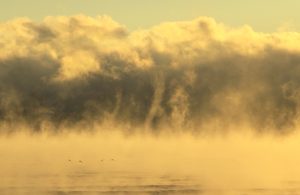Seed Library
What is the Seed Library?
Our Seed Library is a free service of the Hanover Public Library. You do not need to be a member to enjoy this service. Our aim is to foster well being and community through the sharing of resources. Just like a Public Library, a Seed Library works on the basis of borrowing seeds for free. You can return any unused seeds back to the Library as long as they are in their original package. We provide a wide range of organic and heirloom vegetables, flowers and herbs. Looking for something specific? Ask the front desk staff today!
How Does it Work?
Visitors are allowed to take up to 5 packets of seeds per visit. This allows us to service as many people as possible. Select any combination of up to 5 packages, then use the provided check-out cards to write the types of seeds you are taking and hand the card into the front desk staff. This allows us to keep track of what we need to replenish.
How do I “Return” my seeds?
We will take back any unused seeds as long as they are dry, clean and in the original package. We also can accept any donations of new packages of seeds including: vegetables, herbs, flowers and fruits. You can drop off your donations to the Library front desk staff.
Why do we need a Seed Library?
According to the Grey Bruce Public Health Unit 1 in 6 households in Grey-Bruce are food insecure. They also reported that 1 in 5 children living in Grey-Bruce live in a food insecure household. Being food insecure means that these households do not have enough money to buy food. By having a free Seed Library and providing the community with the knowledge and tools to grow their own food, we can begin to reduce the number of suffering families and create a food stable community.
Growing Tips!
Some Seeds like to be started indoors
- Start these seeds inside according to the time on the packet. Plant them in good quality soil near a bright window or light source
- Before you take your plants fully outside they need to be hardened off. This means taking them outside for a few hours each day gradually increasing the length of time. This allows them to be exposed to wind and sun which will toughen them up.
- Examples: Tomatoes, Peppers, Celery and Eggplant.
Plants like Space
- Start these plants outside as directed on the packet.
- Example: Peas, Carrots, Corn and Onions.
Some seeds like to be started outdoors
- In small spaces only plant 1 of each type of plant. Ex. one pepper plant and one tomato plant
- In larger spaces keep different varieties of the same plant away from each other to avoid cross pollination
List of seeds currently available
- Beans
- Beets
- Cabbage
- Carrots
- Cauliflower
- Celery
- Corn
- Cucumber
- Eggplant
- Flowers
- Herbs
- Kohl Rabi
- Leafy Greens
- Leeks
- Melons
- Onions
- Peas
- Peppers
- Pumpkin
- Radishes
- Rutabaga
- Sprouts
- Swiss Chard
- Squash
- Tomatoes
- Turnip,
- Zucchini




